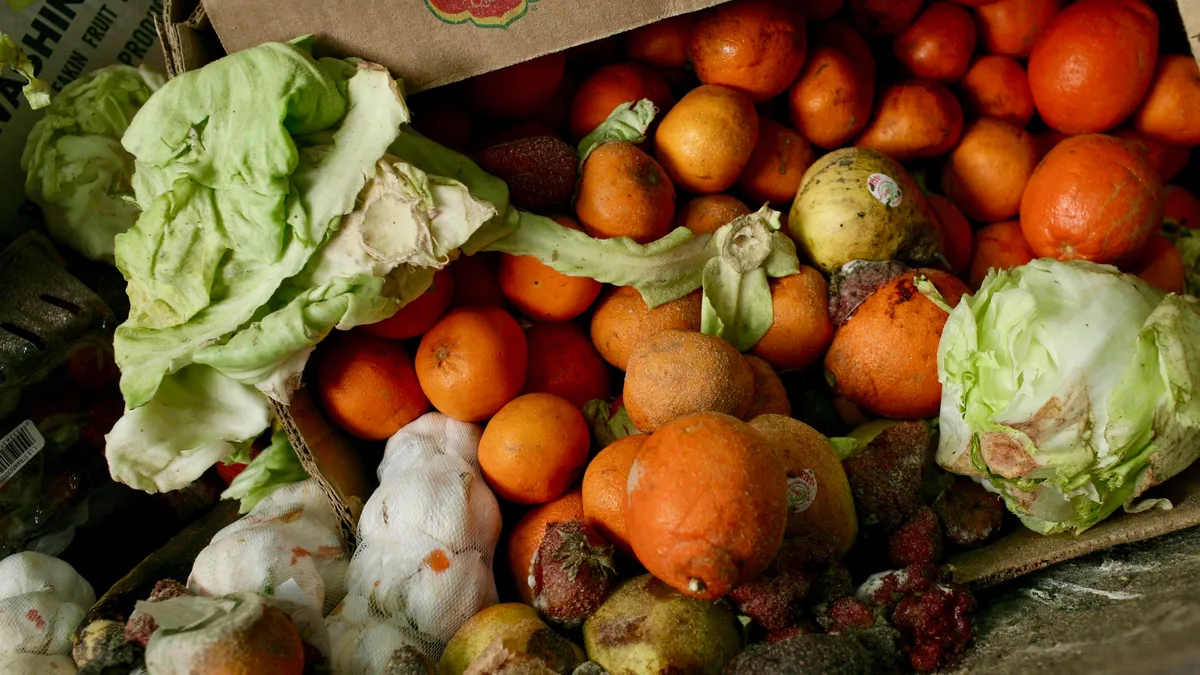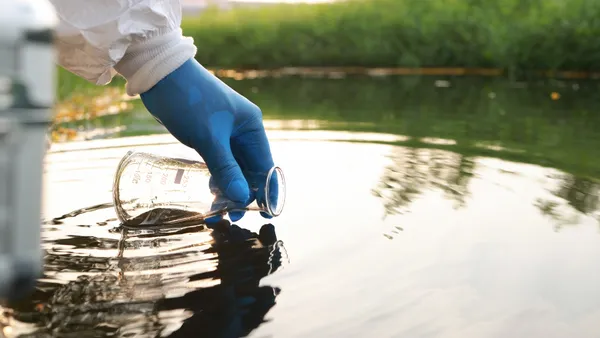Shawn Kreloff is the CEO of Bioenergy Devco, an Annapolis, Maryland-based developer of anaerobic digestion technology. The company has built over 240 operating AD facilities worldwide and currently has two projects under construction in the U.S., with more to come.
We’ve read the headlines and seen the data. The climate crisis is real. As the recent U.N. Intergovernmental Panel on Climate Change report states, we are in a race against time to combat its causes and effects. A big part of the problem is methane gas released into the atmosphere by decaying organic material. So, where do these organics come from, and how do we properly manage them?
Every human must eat, and that means we all create food waste. But, unfortunately, this universal need also makes a universal problem with handling excess organics. The solution: enact waste diversion, anti-incineration and anti-land application laws nationally, like the forward-thinking legislation enacted by the state of Maryland this summer.
To dive deeper into the problem: our country wastes an estimated 103 million tons of food annually. In total, we send around 36 million tons of organics into landfills. For industrial food residuals, almost 10 million tons annually are going to land application. The hospitality sector alone sends close to 10 million tons to landfills, while over 15 million tons go from homes to landfills. We are also burning nearly 8 million tons of organics which pollute the air. The Food and Agricultural Organization of the United Nations estimates that food waste alone produces around 8% of the planet’s total greenhouse gas emissions. If food waste were a nation-state, it would be the third-largest carbon-emitting country on earth, after China and the United States. “Landfill overfill” is not the answer.
Like Maryland’s new law, waste diversion legislation prevents excess organics from entering antiquated and unsustainable waste streams such as landfilling, land application and incineration. In Maryland’s case, the new law requires food producers that generate over two tons of organics to send discarded materials to sustainable alternatives such as anaerobic digestion (AD) facilities. AD is a natural process using the same microbes that have been naturally recycling organics on our planet for 4 billion years.
We have long spoken about recycling and how it can help reduce our waste. AD is a proven technology that takes recycling even further, ensuring the repurposing of what is thought to be trash into two valuable assets. The natural, "magic microbes" that break down these residuals transform discarded organics into renewable energy and a nutrient-rich and odorless soil amendment, moving us closer to realizing a truly circular economy. Unfortunately, there’s still a long way to go regarding education about the effectiveness or impact of AD in the U.S.
As of 2018, 23 states classified incineration as “renewable” in their energy standards and guidelines. Landfills are also quickly approaching capacity in some regions, and unlike anaerobic digestion, they fail to turn organics into valuable products. Land application has many harmful effects, most notably odor and excess nutrient runoff into our watersheds. The U.S. EPA even highlighted these issues over 20 years ago. AD facilities utilize a natural microbial process to break down organic material within large, enclosed tanks. No burning. No landfilling. No incineration. No more trading ecology for economics, with AD being the first pragmatic, fiscally responsible way to solve the problem. Finally, ecology meets the economy.
Every state in the country should be demanding organics recycling programs that deliver on long-promised environmental benefits. Specifically, every state should pass laws like Maryland’s waste diversion law that ban the incineration, land application and landfilling of organic residuals. Simply put, organics recycling facilities allow businesses, residents and our government officials to share the responsibility to eliminate the use of GHG-emitting landfills, incineration and land application.
While the leaders in this space are in Europe, the U.S. continues to manage organic waste incorrectly. Instead of sustainably managing these organic residuals, we are continuing the same cycle that got us into the climate crisis by incineration, landfilling and land application. Fortunately, with laws like those created in Maryland that demand the use of organics recycling, we know that they can have a productive and valuable second life. The time for action is now.
Contributed pieces do not reflect an editorial position by Waste Dive.
Do you have an opinion on this issue, or other topics we cover? Submit an op-ed.














